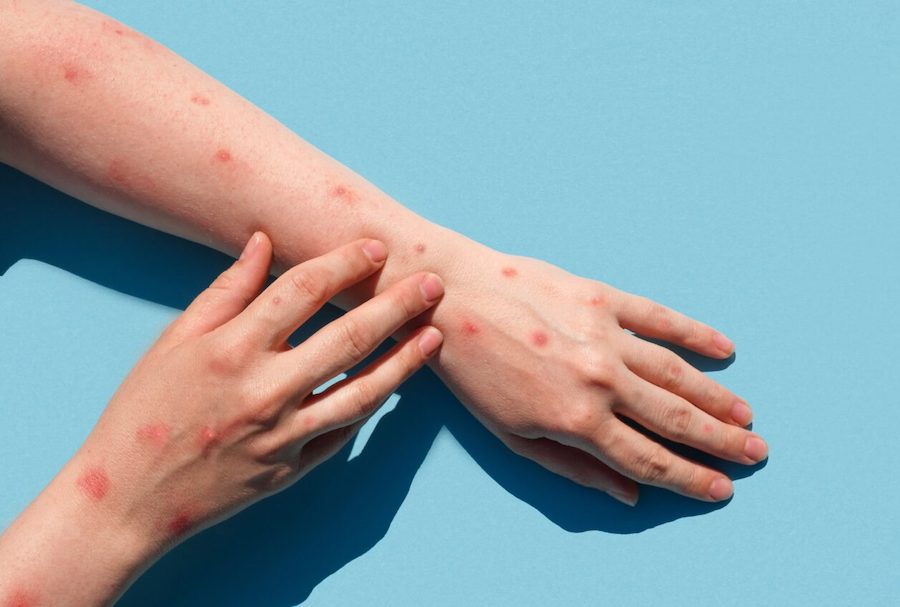Monaco recorded its first case of monkeypox just days before the World Health Organisation declared the outbreak a public health emergency of international concern.
Monkeypox, the latest health scare in a world still traumatised by Covid, has finally made its way to the Principality.
Dr. Olivia Keïta-Perse, head of epidemiology at the Princess Grace Hospital Centre, Thursday night revealed on government channel Monaco Info that there has been one confirmed case and three others who are believed to be infected.
On Saturday 23rd July, the World Health Organisation (WHO) declared monkeypox to be a global health emergency, the strongest call to action the agency can make. It is the seventh time such a declaration has been made since 2009, the most recent being Covid-19.
A public health emergency of international concern – or PHEIC – is defined as “an extraordinary event which is determined to constitute a public health risk to other states through the international spread of disease and to potentially require a coordinated international response”.
There have so far been 16,016 monkeypox cases globally, 4,132 of which were in the past week, according to WHO data. It is now in 75 countries and territories and there have been five deaths.
The European region has the highest number of total cases at 11,865, and the highest increase in the last seven days, with 2,705.
So, what is monkeypox exactly?
Note: this story was updated with the latest information on Sunday 24th July after being originally published on 22nd July. Photo source: Shutterstock
